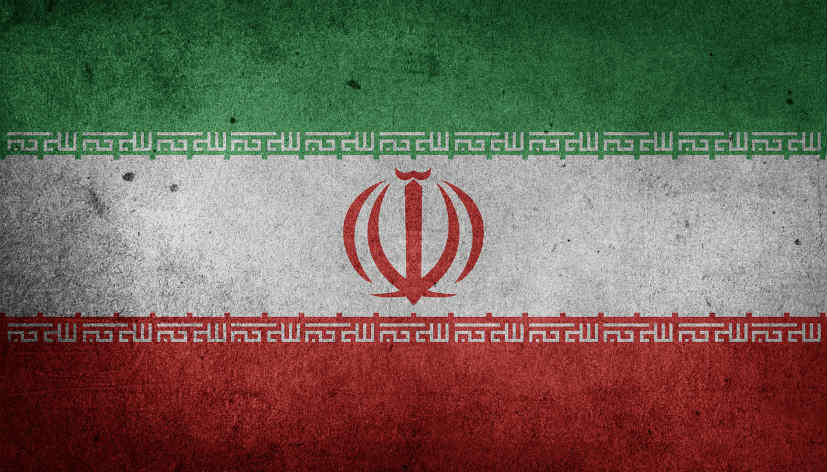Iran is planning to launch its own state cryptocurrency in an effort to avoid the latest economic sanctions enforced by US President Donald Trump. At first, the Central Bank of Iran had imposed a ban on cryptocurrency and Ethereum in all financial transactions to “prevent crimes such as money laundering and terrorism.” However, changes are being implemented for a different cause. According to Ibena, a local news outlet, the Central Bank of Iran has disclosed details about the cryptocurrency developed by the Iranian National Cyberspace Center. The channel also confirmed that the cryptocurrency will be backed by Iranian rials.
Now, all transactions will be recorded on a private blockchain-based Hyperledger Fabric technology. Alireza Daliri, deputy for management and investment at the Directorate for Scientific and Technological Affairs, said: the “currency would facilitate the transfer of money (to and from) anywhere in the world,” and will help Iran “at the time of sanctions.”
An Iranian official said: “We are trying to prepare the grounds to use a domestic digital currency in the country. This currency would facilitate the transfer of money [to and from] anywhere in the world. Besides, it can help us at the time of sanctions.” In addition, the state media explained that the government is hoping to integrate blockchain within its domestic banking system over the next quarter and the tokenised cryptocurrency will enable financial transactions in several commercial banks commonly linked on a decentralised ledger.
Previously, Venenzuela had launched its oil-backed cryptocurrency earlier this year, Petro—the world’ s first state-crypto. Galia Benartzi, Co-Founder of Bancor Network, the largest decentralised coin exchange (DEX) by volume, said: “It is unsurprising that countries like Iran and Venezuela are opting for central bank digital currencies (CBDCs) following US sanctions. These national governments need ways of managing their economy without relying on the dollar. The adoption of CBDCs can provide a dynamic boost to local economies by retaining and maintaining value.
“The problem with creating commodity-backed national currencies, is that you need to cap the issuance, or have a process of continual measurement of the underlying asset. We urge them to simultaneously create reserve systems that are transparent in nature, easily verifiable on the blockchain and most importantly, based on real demand in international markets.”

